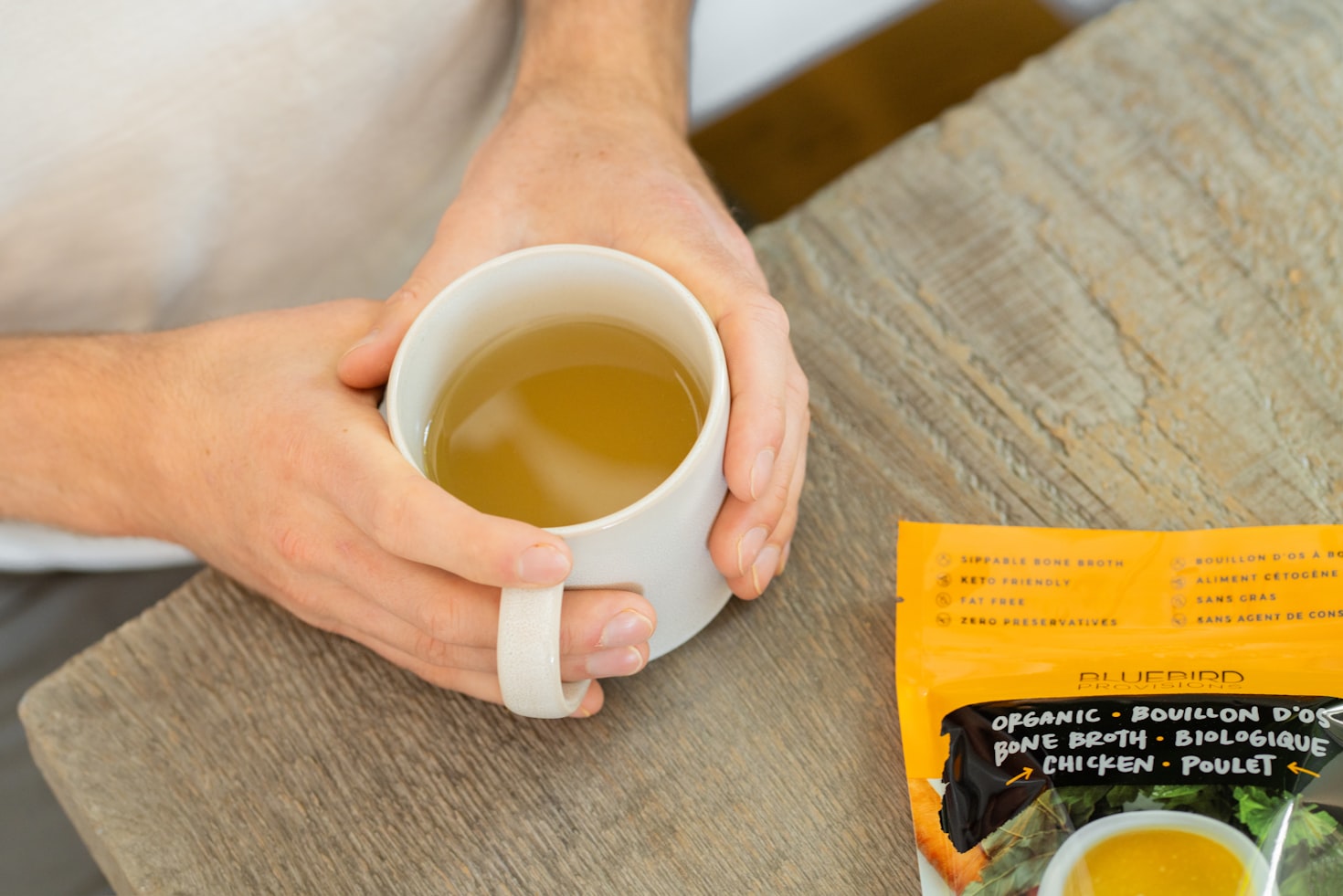Does Bone Broth Break Ketosis?
Following a ketogenic diet involves consuming high amounts of fat, moderate protein, and very low carbohydrates. This eating pattern aims to put the body into a state of ketosis, where it burns fat for fuel instead of carbohydrates. While bone broth is a popular and nutritious food, many people wonder if it can break ketosis. In this article, we will explore the impact of bone broth on ketosis and provide valuable insights to help you make informed decisions about including it in your ketogenic diet.
Understanding Ketosis
Ketosis is a metabolic state in which the body primarily uses ketones, produced from fat breakdown, as its main source of energy. To achieve and maintain ketosis, individuals typically limit their carbohydrate intake to around 20-50 grams per day. This restriction forces the body to rely on fat for fuel, leading to weight loss and other potential health benefits.
The Nutritional Composition of Bone Broth
Bone broth is made by simmering animal bones, connective tissues, and vegetables in water for an extended period. This slow cooking process extracts various nutrients, including collagen, gelatin, minerals, and amino acids.
While bone broth is low in carbohydrates, it does contain some protein and negligible amounts of fat. The exact nutritional composition can vary depending on the ingredients used and the cooking time. However, a typical serving of bone broth (about 1 cup) contains approximately:
- 10-20 grams of protein
- 0-2 grams of fat
- 1-3 grams of carbohydrates
The Impact of Bone Broth on Ketosis
When it comes to bone broth and ketosis, the primary concern is its protein content. Consuming excessive protein can potentially disrupt ketosis by stimulating the production of insulin, a hormone that promotes the uptake and storage of glucose. However, the protein content in bone broth is generally not high enough to significantly impact insulin levels and kick you out of ketosis.
Moreover, bone broth is often consumed in small quantities as a supplement or as part of a meal. This further reduces the likelihood of it affecting ketosis. As long as you stay within your daily macronutrient limits and do not consume excessive amounts of bone broth, it is unlikely to break ketosis.
Benefits of Bone Broth on a Ketogenic Diet
While bone broth may not break ketosis, it can offer several benefits when incorporated into a ketogenic diet:
- Rich in nutrients: Bone broth is a good source of collagen, gelatin, and minerals like calcium, magnesium, and phosphorus. These nutrients support overall health and can help prevent deficiencies often associated with low-carb diets.
- Supports gut health: The gelatin in bone broth can help repair and maintain the integrity of the gut lining. This can be particularly beneficial for individuals with digestive issues or leaky gut syndrome.
- Hydration: Bone broth is a flavorful way to increase your fluid intake, which is essential for maintaining proper hydration, especially during the initial stages of ketosis when water loss is common.
- Appetite control: The high protein content in bone broth can help promote satiety and reduce cravings, making it easier to stick to your ketogenic diet.
Frequently Asked Questions (FAQ)
1. Can bone broth kick you out of ketosis?
No, bone broth is unlikely to kick you out of ketosis as long as you consume it in moderation and within your daily macronutrient limits.
2. How much bone broth can I consume on a ketogenic diet?
The amount of bone broth you can consume on a ketogenic diet depends on your individual macronutrient goals. It is best to consult with a healthcare professional or a registered dietitian to determine the appropriate portion size for your specific needs.
3. Can I add vegetables to my bone broth?
Yes, adding vegetables to your bone broth can enhance its flavor and nutritional profile. However, be mindful of the carbohydrate content of the vegetables you choose and ensure they fit within your daily carbohydrate limit.
4. Is homemade bone broth better than store-bought?
Homemade bone broth is often considered superior to store-bought versions as it allows you to control the ingredients and cooking process. However, if purchasing store-bought bone broth, opt for high-quality, organic options with minimal additives.
5. Can bone broth help with keto flu symptoms?
Yes, bone broth can be beneficial in alleviating keto flu symptoms. It provides hydration, electrolytes, and nutrients that may help reduce the side effects often experienced during the initial stages of ketosis.
6. Can bone broth be consumed during intermittent fasting?
Yes, bone broth is often consumed during intermittent fasting as it provides nourishment without significantly impacting insulin levels. However, it is important to choose a bone broth with minimal calories and avoid adding any high-calorie ingredients.
Summary
Bone broth is a nutritious addition to a ketogenic diet and is unlikely to break ketosis when consumed in moderation. Its protein content is generally not high enough to significantly impact insulin levels. In fact, bone broth offers several benefits, including providing essential nutrients, supporting gut health, aiding in hydration, and promoting appetite control. As with any dietary choice, it is important to consider your individual macronutrient goals and consult with a healthcare professional or registered dietitian to ensure it aligns with your specific needs.





